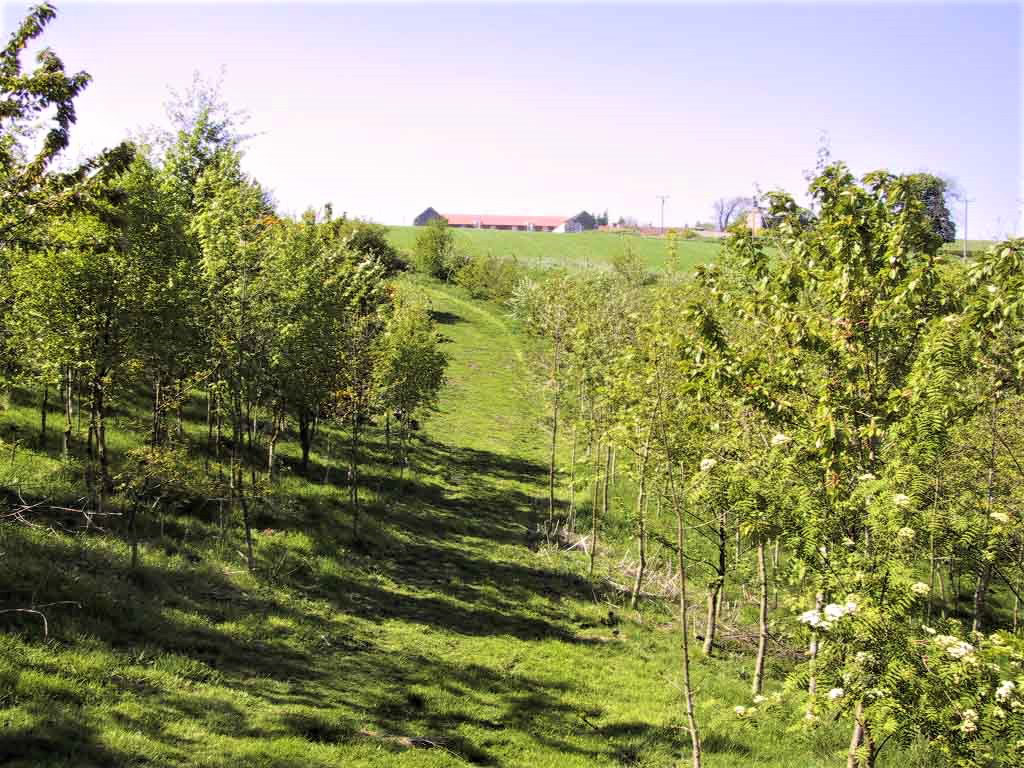Carbon Units Explained
A Woodland Carbon Unit (WCU) or Peatland Carbon Unit (PCU) represent one ton of CO₂e (carbon dioxide equivalent) that has been removed from the atmosphere by growing trees (WCU) or restoring peatland (PCU). Their forerunner, Pending Issuance Units (PIUs), represent a ‘promise to deliver’ a WCU or a PCU during a given period.

Legally Backed and Certifiable Carbon Units
The implicit claim of a PCU or WCU, that it has removed (or prevented the emission of) a ton of carbon dioxide, is based on trust. That credibility is vital to the success of both the woodland and peatland carbon markets. As a result, both the Peatland and Woodland Carbon Codes require a demanding and rigorous series of checks be undertaken before a project can be validated, PIUs can be issued and WCUs (or PCUs) can be verified.
The volume of documentation and evidence necessary under the WCC and the PC is significant. The WCC’s Project Design Document extends to 28 pages, requires 14 evidential documents and a further five agreements. Each verification requires a 14-page Project Progress Report and a separate on-site mensuration survey.
The project documentation, the carbon calculator and the additionality tests all contribute to ensuring the credibility of your projects match the high standards of the Woodland and the Peatland Carbon Codes. Of course, CarbonStore is well-equipped to help landowners through this process however it is important that buyers of PIUs and WCUs understand the level of scrutiny to which the woodland projects have been subjected.
Woodland and Peatland Carbon Units
A Woodland or Peatland Carbon Unit (WCU or PCU) represents one ton of CO2e which has either been sequestered or, in the case of a PCU, whose emission has been averted. However, it takes many years for trees to sequester carbon dioxide (and generate verified WCUs) or for peatlands to rejuvenate fully (and generate verified PCUs). Landowners therefore risked having to wait an unreasonably long time before realising an income from their tree planting or peatland restoration.
Pending Issuance Units
Both the WCC and the PC have rectified this problem by allowing landowners to sell PIUs in advance of the carbon being sequestered (or prevented from being emitted) and the projects being verified. PIUs are issued to landowners shortly after the trees are planted or the restoration plan has been approved and can be sold as soon as they are issued.
The sale of a PIU represents a promise, by the landowner, to deliver, to the buyer, in due course, a verified WCU or PCU. By allowing landowners to sell PIUs early in a project’s lifetime, the Woodland and Peatland Carbon Codes enable landowners to quickly earn an income from their newly planted woodland or their soon-to-be-restored peatland.
It is important that landowners understand their ongoing commitments to the Woodland and Peatland Carbon Codes, even after PIUs have been sold. They must ensure those PIUs are commuted to either WCUs or PCUs and this requires their projects submit to further inspections, or verifications.
Verification occurs at regular intervals throughout a project’s duration and involve an on-site check, by an independent auditor, that the promise implicit in the PIU has been met. The first verification occurs five years after validation and thereafter the occur (at least) every 10 years and each verification sees a growing volume of the project’s total PIUs commuted to WCUs or PCUs.
Who Buys Woodland Carbon Units?
Greenhouse gas reporting is mandatory for all large UK companies ie those with annual sales above £25.9mn or balance sheet assets above £12mn. There are approximately 12,000 such companies in the UK.
The UK Carbon Codes offer them the ability to either:
- Purchase PIUs as part of their long-term plans for neutralising their carbon emissions.
- Buy WCUs/PCUs which will compensate for their immediate emissions.
Companies who are planning to compensate for their emissions and achieve ‘net zero’ can buy PIUs as part of the long-term strategy for achieving carbon neutrality. Alternatively, they can buy verified WCUs/PCUs which will offset their current emissions.
